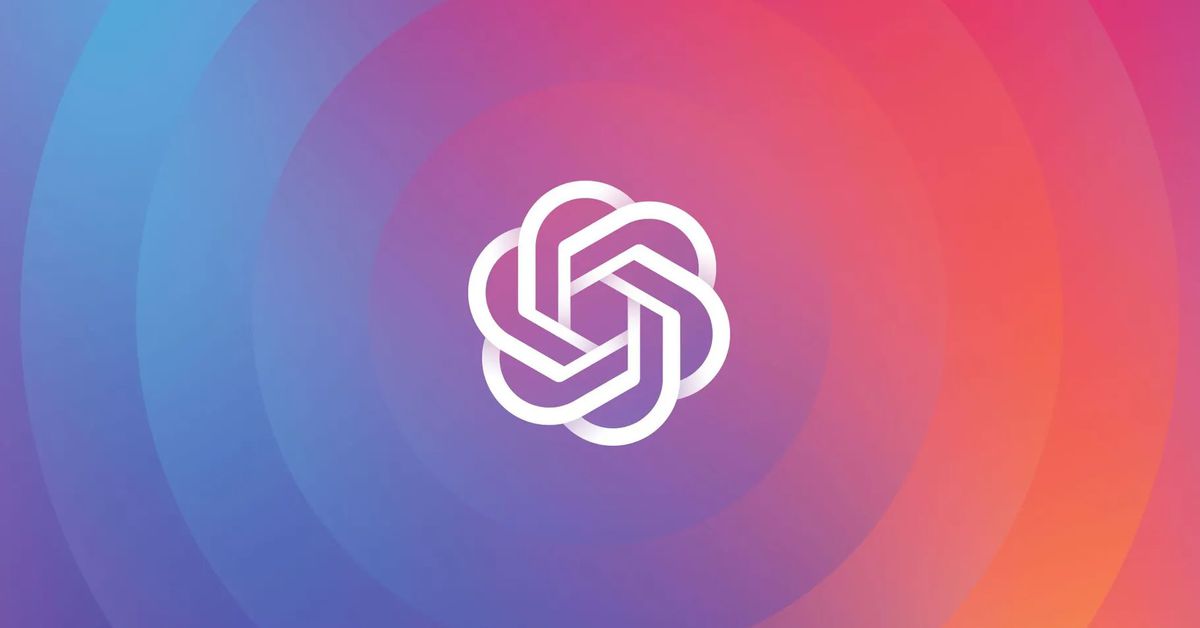OpenAI has publicly responded to a copyright lawsuit by The New York Times, calling the case “without merit” and saying it still hoped for a partnership with the media outlet.
In a blog post, OpenAI said the Times “is not telling the full story.” It took particular issue with claims that its ChatGPT AI tool reproduced Times stories verbatim, arguing that the Times had manipulated prompts to include regurgitated excerpts of articles. “Even when using such prompts, our models don’t typically behave the way The New York Times insinuates, which suggests they either instructed the model to regurgitate or cherry-picked their examples from many attempts,” OpenAI said.
OpenAI claims it’s attempted to reduce regurgitation from its large language models and that the Times refused to share examples of this reproduction before filing the lawsuit. It said the verbatim examples “appear to be from year-old articles that have proliferated on multiple third-party websites.” The company did admit that it took down a ChatGPT feature, called Browse, that unintentionally reproduced content.



This is the best summary I could come up with:
OpenAI has publicly responded to a copyright lawsuit by The New York Times, calling the case “without merit” and saying it still hoped for a partnership with the media outlet.
OpenAI claims it’s attempted to reduce regurgitation from its large language models and that the Times refused to share examples of this reproduction before filing the lawsuit.
It said the verbatim examples “appear to be from year-old articles that have proliferated on multiple third-party websites.” The company did admit that it took down a ChatGPT feature, called Browse, that unintentionally reproduced content.
However, the company maintained its long-standing position that in order for AI models to learn and solve new problems, they need access to “the enormous aggregate of human knowledge.” It reiterated that while it respects the legal right to own copyrighted works — and has offered opt-outs to training data inclusion — it believes training AI models with data from the internet falls under fair use rules that allow for repurposing copyrighted works.
The company announced website owners could start blocking its web crawlers from accessing their data on August 2023, nearly a year after it launched ChatGPT.
The company recently made a similar argument to the UK House of Lords, claiming no AI system like ChatGPT can be built without access to copyrighted content.
The original article contains 364 words, the summary contains 217 words. Saved 40%. I’m a bot and I’m open source!